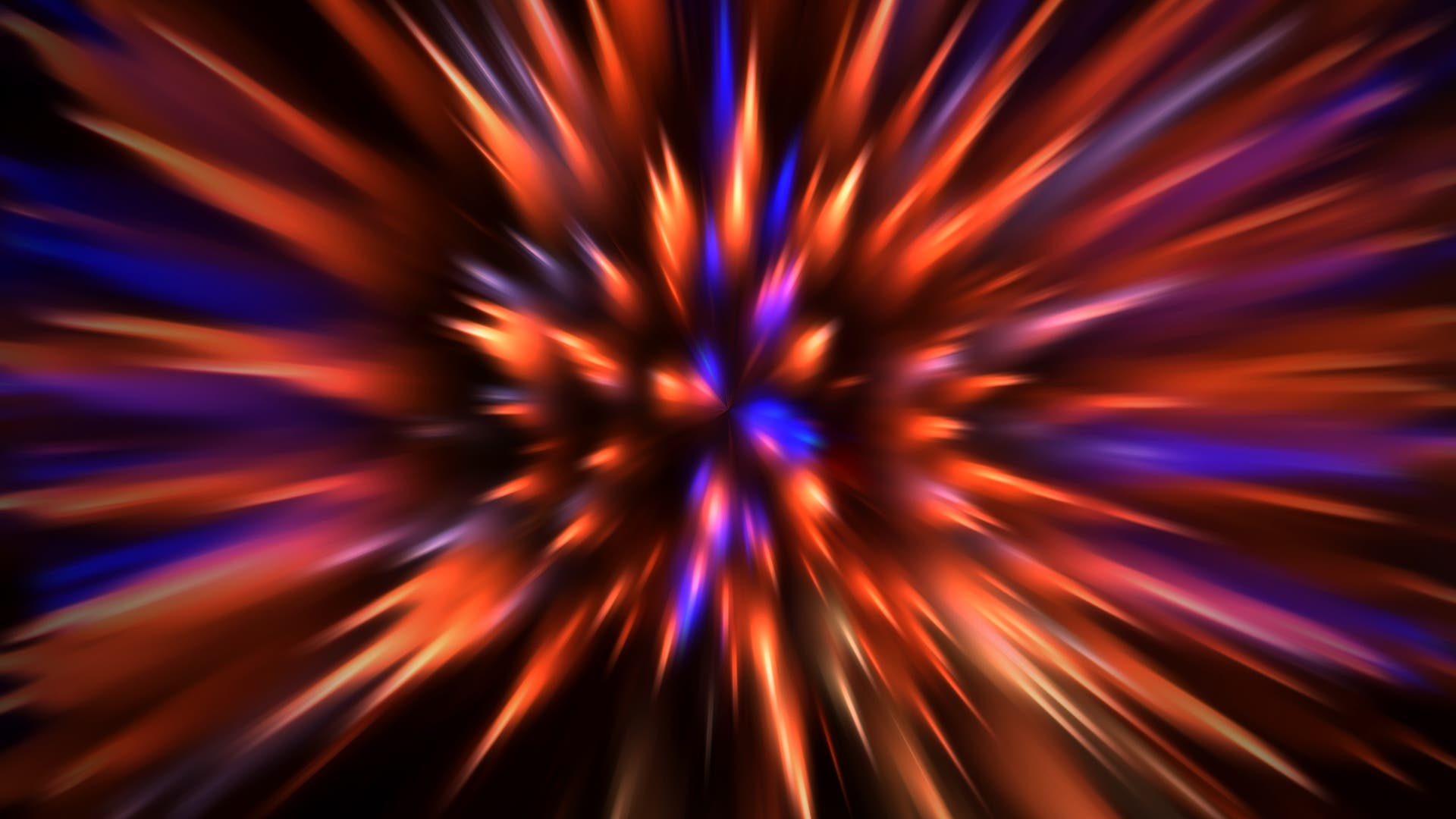Als Meilenstein wurde in Baku die Einigung zu den CO₂-Märkten gefeiert. Damit die "Carbon Markets 2.0" starten können, fehlen noch ein paar gute Spielregeln.#Dekarbonisierung,CO₂-Neutralität #CDM,globaleCO₂-Märkte #Klimakompensation
CO₂-Markt sucht noch nach Spielregeln
#cdm
Mit CO₂-Entnahme verbindet sich nicht nur Klimaneutralität, sondern auch der Aufbau einer ganz neuen CO₂-Industrie.#EU,Europa #negativeEmissionen,CO₂-EntnahmeCarbonDioxideRemovalCDR #Dossier:Boden #CDM,globaleCO₂-Märkte #Klimakompensation #CarbonFarming,klimasmarteLandwirtschaft
EU muss Rahmen für CO₂‑Entnahme noch ausfüllen
Wenn Staaten nur noch konkurrieren statt kooperieren, werden schmutzige Industrien lediglich verlagert.#Klimapolitik #Finanzen #CDM,globaleCO₂-Märkte #Serie:GrüneGeldanlage #TaxonomiefürnachhaltigeInvestitionen
Wie die Klimawende gelingen kann
"Bei der Biodiversität sind wir da, wo die CO₂-Märkte vor Jahrzehnten waren"
Der Umweltökonom Sophus zu Ermgassen über die Möglichkeiten, private Investitionen für den Schutz der Artenvielfalt nutzbar zu machen.#Finanzen #Klimaforschung,Forschung #Wirtschaft #Biodiversität,Artenschutz #CDM,globaleCO₂-Märkte #Klimakompensation #Ökosystemdienstleistungen,Monetarisierung
Bei der Biodiversität sind wir da, wo die CO₂-Märkte vor Jahrzehnten waren
Das Lambda-CDM-Modell beschreibt wie sich das gesamte Universum vom Urknall bis heute entwickelt hat. Es ist eigentlich erstaunlich, dass es so eine Theorie gibt, aber es gibt sie und was sie aussagt, erfahrt ihr in der neuen Folge der Sternengeschichten. 🎙️#Astronomie #Universum #Sternengeschichten #Astrodicticum #Sterne #Kosmologie #Urknall #DasLambda-CDM-Modell #Gravitation #kosmischeHintergrundstrahlung #kosmologischeKonstante #Lambda #CDM #colddarkmatter #dunkleMaterie #dunkleEnergie #Reionisierung #HubbleKonstante #Krümmungsfluktuationsamplitude #primordialeFluktuationen #spektralerIndex #Galaxienentstehung #Galaxien #Kultur #Physik
Sternengeschichten : Das Lambda-CDM-Modell
One person like that
Die Klimakonferenz wäre an der Formulierung zur Zukunft der fossilen Energien fast gescheitert. In der Nacht auf Mittwoch fand sich aber ein Kompromiss.#Klimafinanzierung #Dekarbonisierung,CO₂-Neutralität #CDM,globaleCO₂-Märkte #COP28Dubai
Klimakonferenz findet Kompromiss zu fossilen Energien
"Unternehmen müssen ihre Emissionen ernsthaft bepreisen und Geldflüsse transparent machen"
Die Kompensation über billige CO₂-Zertifikate geht auf Kosten von echtem Klimaschutz in Unternehmen, sagt Experte Carsten Warnecke. Es gibt aber einen Ausweg.#Emissionshandel #CDM,globaleCO₂-Märkte #Klimakompensation #Greenwashing
Unternehmen müssen ihre Emissionen ernsthaft bepreisen und Geldflüsse transparent machen
"Ich weiß nicht, ob der Kompensationsmarkt tot ist, aber ich würde es mir wünschen"
Die Kritik am CO₂-Kompensationsmarkt richtet sich oft gegen einzelne Klimaprojekte. Das Problem ist aber das System, sagt Klimaexperte Carsten Warnecke.#Emissionshandel #CDM,globaleCO₂-Märkte #Klimakompensation #Greenwashing
Ich weiß nicht, ob der Kompensationsmarkt tot ist, aber ich würde es mir wünschen
One person like that
1 Shares
Jahrelang haben sich Unternehmen mit Fake-Waldschutzprojekten "klimaneutral" gekauft. Dann flog der Schwindel auf. Aber das eigentliche Problem liegt tiefer.#Klimaforschung,Forschung #Dekarbonisierung,CO₂-Neutralität #Aufforstung #CDM,globaleCO₂-Märkte #Klimakompensation #Greenwashing
Klima-Kompensation: Ein faules System
KiDS these days! They would do anything to prove us wrong.
#KiDS #cosmology #Λ-CDM #CDM #DarkMatter #MOND
KiDS
However, the new KiDS results show a discrepancy: the universe is nearly 10 percent more homogeneous than the standard model predicts.
Dr. Marika Asgari, from the University of Edinburgh, who co-led the analysis, calls the result "intriguing". "The standard model of Cosmology relies on rather mysterious physics that we call dark matter and dark energy. Scientists have to test this remarkable model in as many ways as possible, and that is exactly what we are doing."
The KiDS results may indicate small cracks in the standard model, just like another discrepancy in the expansion rate of the Universe, the so-called Hubble constant. Dr. Tilman Tröster (University of Edinburgh): "The question is whether these can be solved with a small adjustment, for example with a somewhat more complex behavior of dark matter than the simple hypothesis of totally inert 'cold dark matter'."
Leiden professor and KiDS lead Koen Kuijken cannot say whether this will eventually lead to a fundamentally different theory, for example replacing Einstein's General Theory of Relativity with a new one. "For now, I consciously try to stay away from possible theoretical interpretations, and focus on the measurements and how to make them as accurate as possible."








